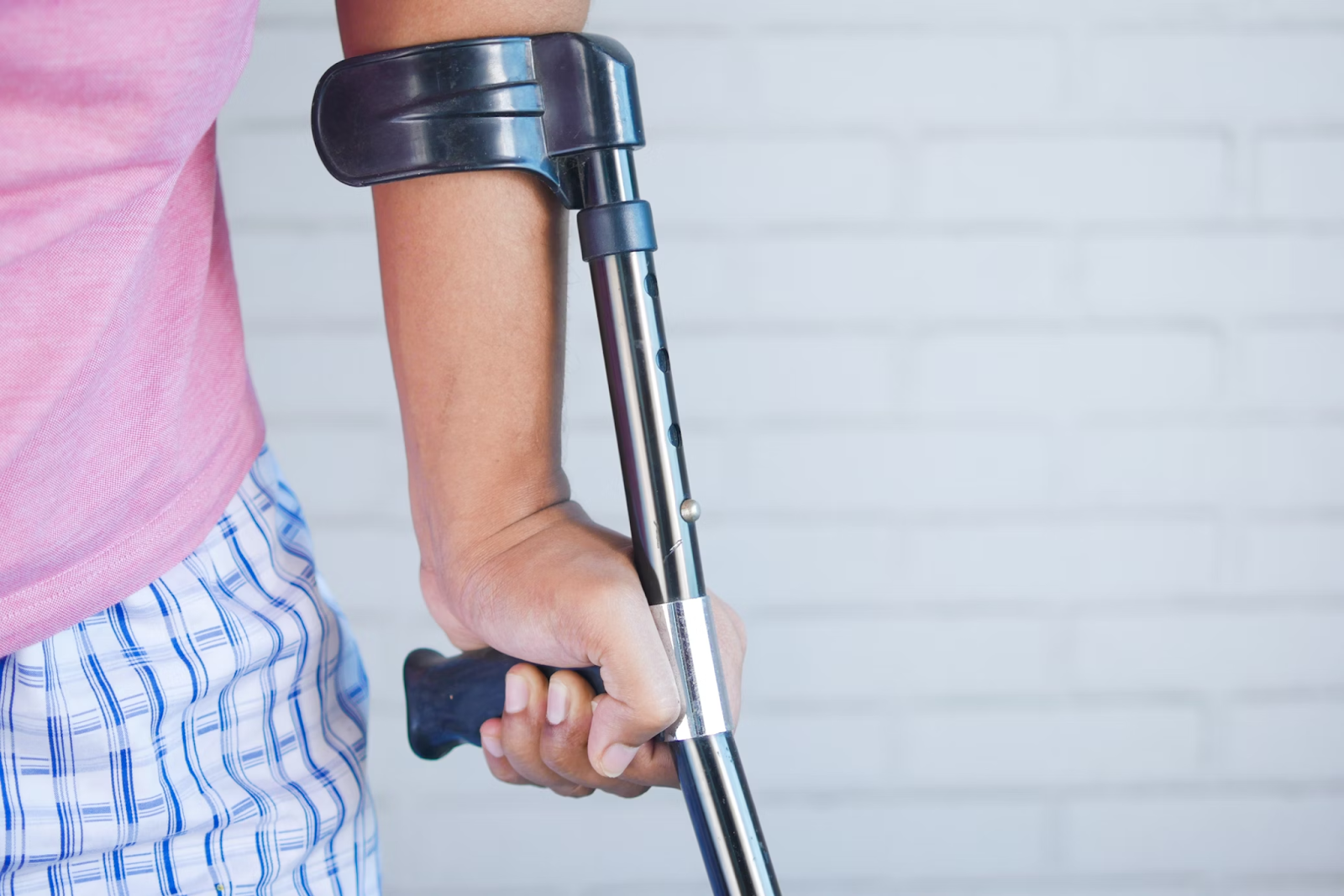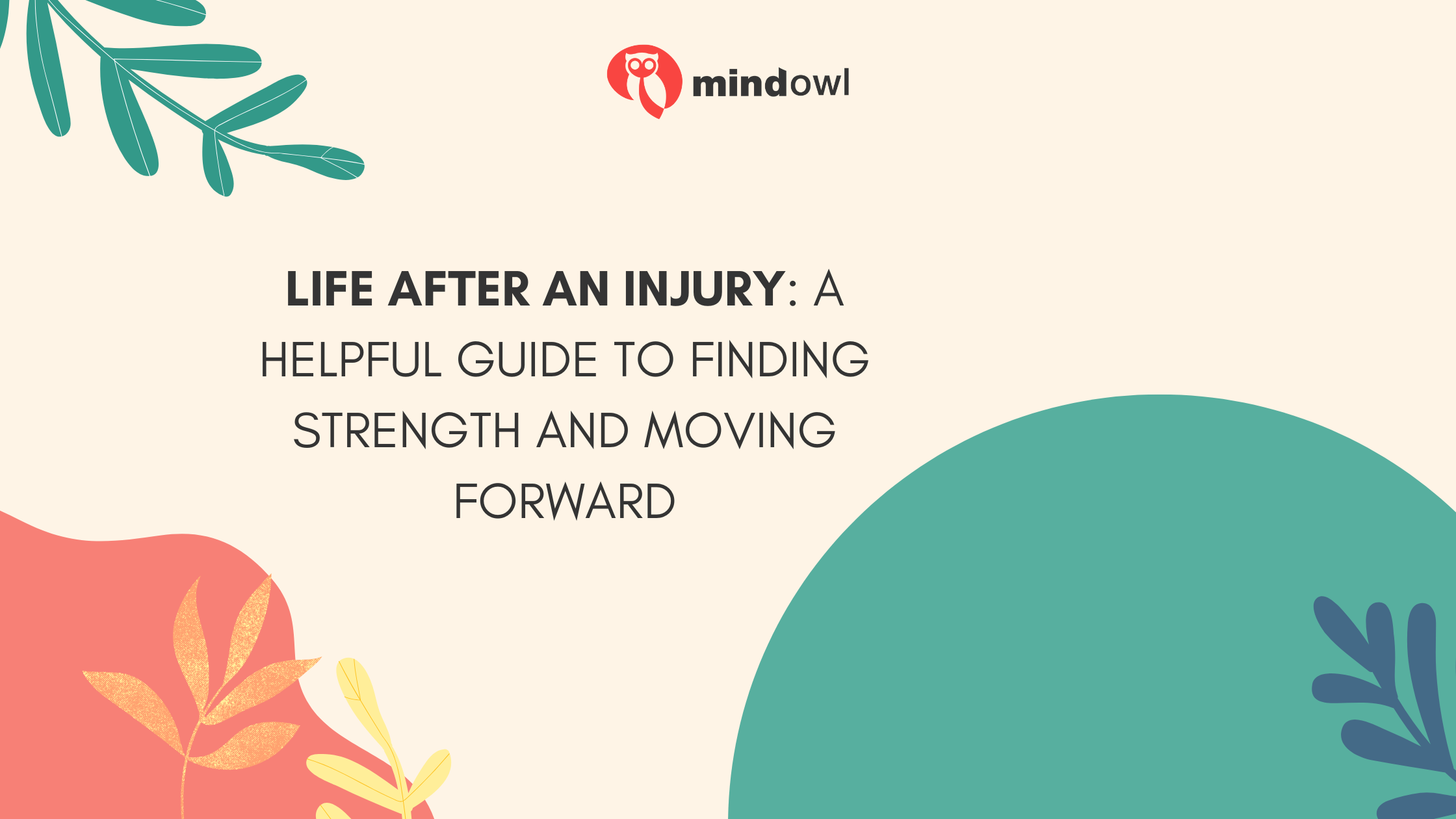Dealing with an injury can be an overwhelming experience, leaving you uncertain about your future. Whether it’s a sports-related accident, a workplace injury, or an unexpected incident, the path to recovery often feels long and challenging. However, with the right approach, it’s possible to regain control, rebuild strength, and move forward. By focusing on your well-being and taking proactive measures, you can overcome the hurdles that follow an injury and come out stronger on the other side.

Consider Your Insurance Coverage
Whether it’s health insurance, disability insurance, or accident insurance, having the right policy in place ensures that you can receive the necessary treatment and care without facing overwhelming costs. To get personalized insurance help, a TPD lawyer can help you navigate the claims process and ensure you receive the compensation you’re entitled to for your total and permanent disability. Insurance can also provide income replacement if you’re unable to work during your recovery, giving you peace of mind as you focus on healing. Make sure to assess your needs and choose a plan that offers the coverage you require for both immediate care and long-term recovery.
Manage Your Mental Health
The emotional strain of dealing with pain, limitations, and a disrupted routine can lead to feelings of frustration, anxiety, or depression. It’s crucial to address these feelings head-on by seeking professional support if needed, such as therapy or counseling. Practicing stress-reducing techniques like mindfulness, deep breathing, or meditation can help you stay calm and focused. Keeping a positive mindset and acknowledging your emotions without judgment will aid in your overall recovery. Mental well-being plays a significant role in healing, and giving it the attention it deserves helps you regain strength both inside and out.
Set Realistic Goals
It’s easy to become discouraged if you set expectations that are too high or out of reach, so break down your recovery into smaller, achievable milestones. For example, instead of aiming to return to full activity right away, focus on short-term goals like increasing your range of motion or completing a specific number of physical therapy exercises each day. These small successes will help you track your progress, keep you motivated, and build momentum toward your ultimate recovery. Remember, recovery is a journey, not a race, and celebrating each milestone is key to regaining strength and confidence.
Reach Out for Support
Reaching out for support is crucial during your recovery journey. It’s easy to feel isolated when dealing with an injury, but having a network of people around you can make a significant difference. Friends, family, or even support groups can provide emotional encouragement, practical help, and a sense of connection. Sharing your feelings and challenges with others who understand can lift your spirits and reduce stress. Whether it’s someone helping with daily tasks, listening to your concerns, or offering advice, knowing that you’re not alone can make the healing process smoother and more manageable. Don’t hesitate to lean on those around you – they can be an invaluable part of your recovery.
Adapt Your Environment
Adapting your environment is a crucial step in facilitating your recovery after an injury. Making simple changes to your home or workspace can help prevent further strain on your body and support your healing process. For example, you might need to rearrange furniture to create more space for mobility aids or install grab bars in the bathroom to ensure safety while moving around. If you’re dealing with a serious injury, adding ramps or handrails to outdoor areas can make it easier to navigate. Modifying your workspace to accommodate your physical limitations can allow you to continue working with less discomfort. By creating an environment that supports your needs, you can reduce stress and feel more comfortable as you recover.
Stay Active Within Your Limits
While it may be tempting to rest constantly after an injury, staying as active as your body allows is crucial for recovery. Activity boosts blood circulation, strengthens muscles, and supports your overall mental health. Focus on low-impact exercises like swimming, walking, or yoga if your injury permits. Even gentle stretching or strength-building exercises can help you stay mobile and avoid stiffness. Always check with your healthcare provider before starting any new exercise regimen, but staying active within your limits will aid your recovery and help you avoid losing strength.
Maintain a Healthy Diet
Proper nutrition provides your body with the essential vitamins, minerals, and proteins needed for tissue repair, muscle strength, and immune function. Foods rich in antioxidants, like berries and leafy greens, can help reduce inflammation, while high-protein foods such as lean meats, fish, and legumes aid in rebuilding damaged tissues. Incorporating healthy fats from sources like avocados and nuts can promote joint health and mobility. Staying hydrated is also important, as water supports every bodily function, including the healing process. By fueling your body with the right nutrients, you’ll optimize your recovery and regain strength more effectively.
Adjust Your Mindset: Focus on Progress, Not Perfection
It’s easy to become frustrated when you can’t do things the way you used to. However, comparing yourself to your pre-injury self can be detrimental. Instead of focusing on what you can’t do, shift your focus to what you can do. Recovery is about progress, not perfection. Celebrate every step forward, no matter how small. Realize that setbacks are part of the process, and that’s okay. Be kind to yourself and embrace the journey. Every day that you make progress, no matter how minor, brings you closer to reclaiming your strength.

While life after an injury may seem daunting at first, it’s important to remember that recovery is a journey, not a race. By taking care of your physical health, seeking mental and emotional support, and making practical adjustments in your life, you can overcome the obstacles injury has thrown your way. Embrace the process of healing, set achievable goals, and celebrate your progress, no matter how small. With time, effort, and the right mindset, you’ll regain your strength and resilience, allowing you to move forward and embrace the future with a renewed sense of purpose and vitality.
MindOwl Founder – My own struggles in life have led me to this path of understanding the human condition. I graduated with a bachelor’s degree in philosophy before completing a master’s degree in psychology at Regent’s University London. I then completed a postgraduate diploma in philosophical counselling before being trained in ACT (Acceptance and commitment therapy).
I’ve spent the last eight years studying the encounter of meditative practices with modern psychology.

